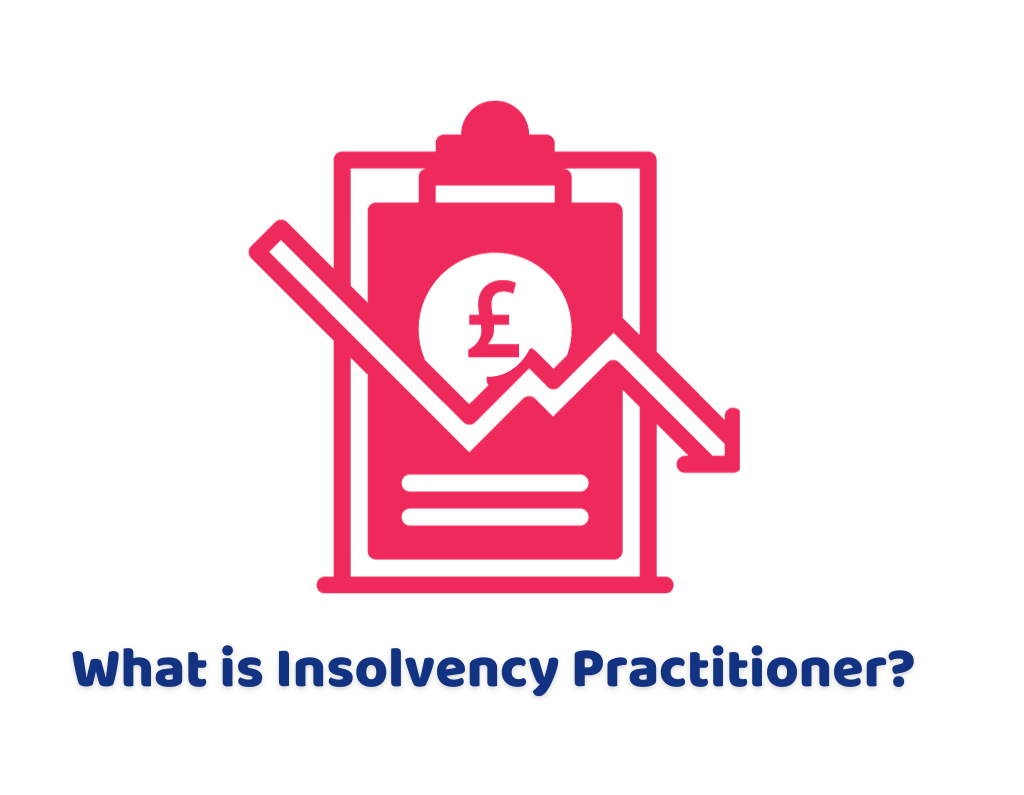What Does Insolvency Practitioner Do?
What Does Insolvency Practitioner Do?
Blog Article
How Insolvency Practitioner can Save You Time, Stress, and Money.
Table of ContentsThe 20-Second Trick For Insolvency Practitioner8 Easy Facts About Insolvency Practitioner ShownThe Insolvency Practitioner DiariesInsolvency Practitioner Can Be Fun For AnyoneA Biased View of Insolvency Practitioner
Whether or not you need to use a bankruptcy practitioner (IP) to liquidate your business depends on different aspects. While engaging a bankruptcy professional for all types of liquidation is not a lawful demand, doing so can usually improve the procedure and make sure conformity with legal needs. Liquidating a company is a critical decision that includes substantial effects.
It is a treatment utilized when a company does not have any type of lenders, or every one of their creditors can be repaid in complete with legal passion. Recognizing the different sorts of bankruptcy processes can help you identify the finest strategy for your firm's liquidation or other formal insolvency treatments itself.
This is obligatory in order to adhere to lawful needs - Insolvency Practitioner. This is since IPs have the required credentials and experience to make sure that the liquidation procedure is carried out in conformity with all suitable regulations and regulations. By engaging a certified insolvency expert, you can have comfort knowing that your firm's liquidation procedure will be managed skillfully and in compliance with the pertinent lawful requirements
9 Easy Facts About Insolvency Practitioner Described
The bankruptcy expert is appointed as a liquidator and is accountable for handling the business and liquidator's financial debts impressive liabilities and possessions. This process involves selling the company's properties and dispersing the proceeds to financial institutions. Upon completion of the process, the business is removed from the register at Companies House.
Stopping working to do so can lead to individual responsibility for the company or director for the financial institution's debts. Voluntary liquidation, which consists of Financial institutions' Voluntary Liquidation (CVL) and Members' Volunteer Liquidation (MVL), is initiated by the business's directors and investors when they can no more pay their financial debts. In a CVL, the bankruptcy expert is assigned as the liquidator, in charge of handling firm financial debts and all firm assets.

The Facts About Insolvency Practitioner Uncovered
By evaluating the knowledge and experience of possible insolvency professionals, you can guarantee that you choose an expert that possesses the required credentials to manage your firm's liquidation procedure properly. While insolvency practitioner-led liquidation is frequently one of the most proper training course of action for firms dealing with bankruptcy, there are alternative strategies to take into consideration, such as striking off and partial liquidation.
It's important to evaluate all offered alternatives before picking the next best service or training course of action for your business. Striking off companies' registers is an extra uncomplicated and cost-effective method to shut inactive or small business with no financial obligations or properties. To strike off a company, its name is eliminated from the Business Home register by sending type DS01.
Before selecting striking off, it's crucial to weigh the benefits and drawbacks of this strategy and think about whether it's the right choice for your business. Partial liquidation is an additional alternative to insolvency practitioner-led liquidation, where a company sells off particular possessions and responsibilities while continuing to run with the continuing to be assets and responsibilities.
An Insolvency Practitioner will certainly have the ability to advise you of the most effective strategy to take and guarantee that whatever runs efficiently. It is not feasible to liquidate a business without a liquidator. Appointing an authorised insolvency expert is needed for the procedure of volunteer liquidation to start.
Insolvency Practitioner Things To Know Before You Get This
It visit the site is possible to close and liquidate your company without using a liquidator, given your firm is solvent and you meet the qualification requirements to liquify or liquidate it. Nonetheless, if your firm is bankrupt, you might be required to make use of a liquidator and start formal bankruptcy procedures. Right here are a few other informative posts concerning firm liquidation in the UK:.
Remaining in a placement where you're incapable to pay your firm's lenders is extremely difficult. In an you can find out more effort to avoid increasing the level of financial obligation, lots of firms try to bargain directly with their creditors and consent to a casual arrangement. If the debt is rather small and owed to one financial institution, and the financial institution is being cooperative, participating in an casual financial obligation setup is possibly the most effective solution, instead of looking the internet for 'an insolvency professional near me'.
On the various other hand, if there are several lenders and the level of debt is large, creditors might not be so willing or cooperative. In order to stay clear of liquidation or personal bankruptcy, it is far better to employ a bankruptcy practitioner to create formal proposals and bargain with financial institutions on your part.
The Only Guide to Insolvency Practitioner
Whilst it is a way to handle debt, there are significant dangers entailed with this kind of financial obligation arrangement - Insolvency Practitioner. If a creditor wants to become part of a casual plan (IA) whereby the borrower has concurred to make normal, if reduced, payments to settle the financial debt, it is essential to stick to the arrangement

Consequently, the financial institution is within their civil liberties to revoke the contract and request the courts for your business to be sold off at any time. A formal plan that has been proposed by an insolvency expert on your part, and agreed by a lender, offers a much more secure alternative.
Report this page